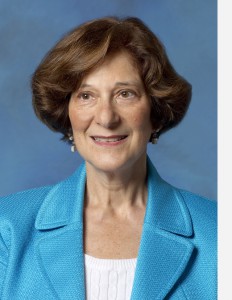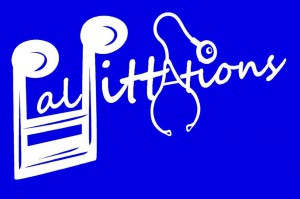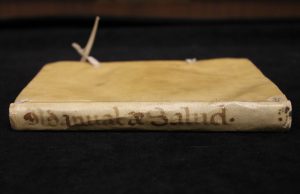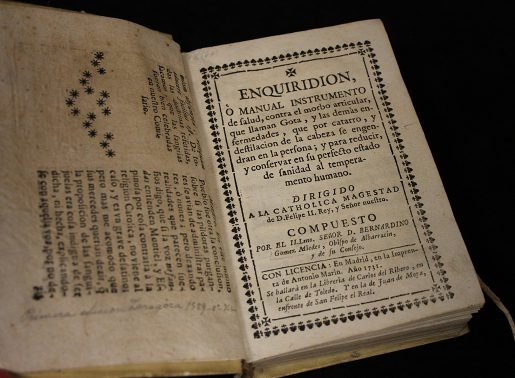
HSLS Director
bepstein@pitt.edu
This issue marks the 20th anniversary of the Update. In late 1996, we cautiously embarked on publishing a printed newsletter that would appear quarterly. We wondered if we would have enough news to share every quarter that could fill four pages of print. Our goal was to provide our Pitt and UPMC health sciences community with useful information about library resources and services to support your daily teaching, publishing, research and clinical responsibilities (with just a little bit of bragging to showcase the achievements of our talented library staff). A secondary goal was to record the history of the library as it happened.
Our very first Fall 1996 issue included articles about our new home page on the “World Wide Web”, growth of Falk Library’s “Microcomputer and Media Center,” Continue reading

 Please join us as we celebrate the season with the annual PalPITTations Concert on Wednesday, December 14, at 12:30 p.m., on the upper floor of Falk Library. The PalPITTations are the a capella vocal group of health sciences students from the University of Pittsburgh. Light refreshments will be served. All are welcome for this free concert.
Please join us as we celebrate the season with the annual PalPITTations Concert on Wednesday, December 14, at 12:30 p.m., on the upper floor of Falk Library. The PalPITTations are the a capella vocal group of health sciences students from the University of Pittsburgh. Light refreshments will be served. All are welcome for this free concert. As you head out for the holidays, grab a Leisure Reading book from HSLS’s collection of newly-published fiction and nonfiction. The Leisure Reading Collection is located at the rear of the main floor of Falk Library in the comfortable seating area.
As you head out for the holidays, grab a Leisure Reading book from HSLS’s collection of newly-published fiction and nonfiction. The Leisure Reading Collection is located at the rear of the main floor of Falk Library in the comfortable seating area.
 Bernardino Gómez Miedes (1520-1589) was a Spanish humanist well-versed in many disciplines. He authored two important books: Commentarii de sale (1572), the earliest discussion of salt, and Enchiridion (1589), a manual about gout. An edition of the latter, published again in Madrid in 1731, caught the eye of Dr. Gerald Rodnan. Dr. Rodnan was an avid book collector, professor of medicine, and the former division chief of rheumatology and clinical immunology at the University of Pittsburgh, who donated his impressive collection of rheumatology books to the Falk Library.
Bernardino Gómez Miedes (1520-1589) was a Spanish humanist well-versed in many disciplines. He authored two important books: Commentarii de sale (1572), the earliest discussion of salt, and Enchiridion (1589), a manual about gout. An edition of the latter, published again in Madrid in 1731, caught the eye of Dr. Gerald Rodnan. Dr. Rodnan was an avid book collector, professor of medicine, and the former division chief of rheumatology and clinical immunology at the University of Pittsburgh, who donated his impressive collection of rheumatology books to the Falk Library.